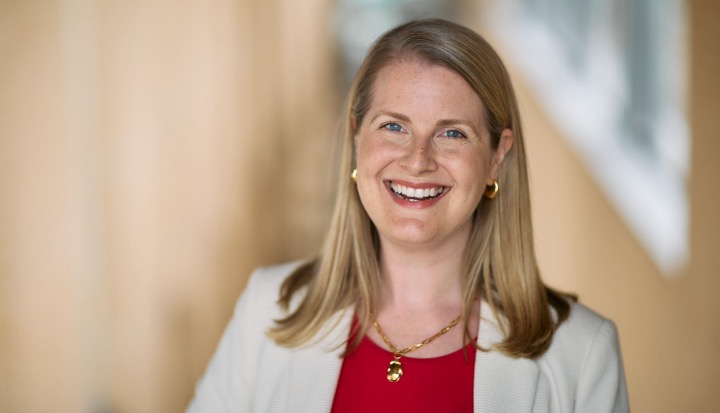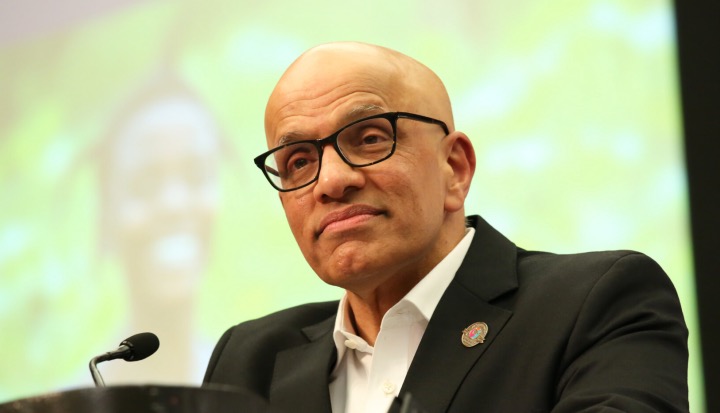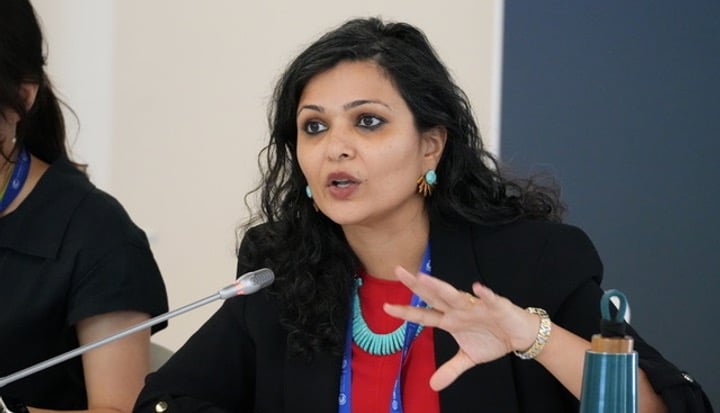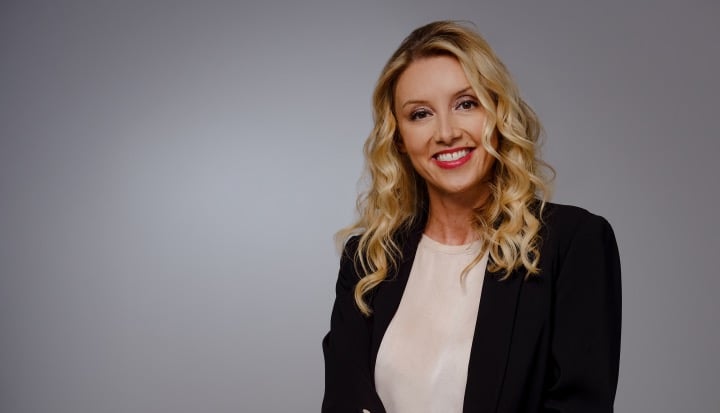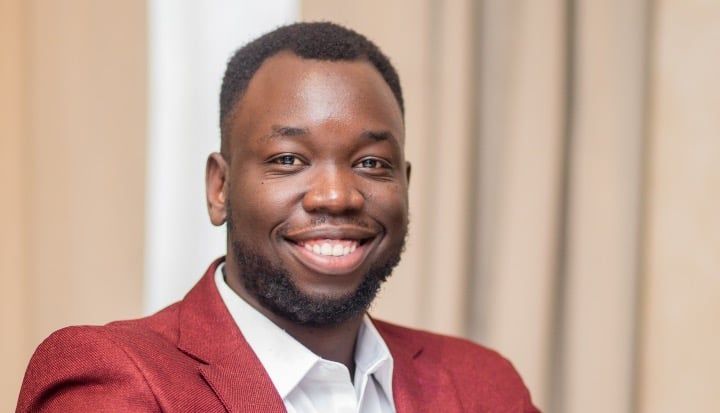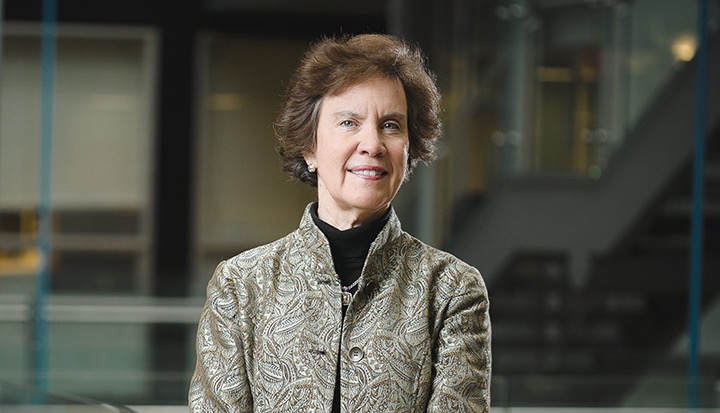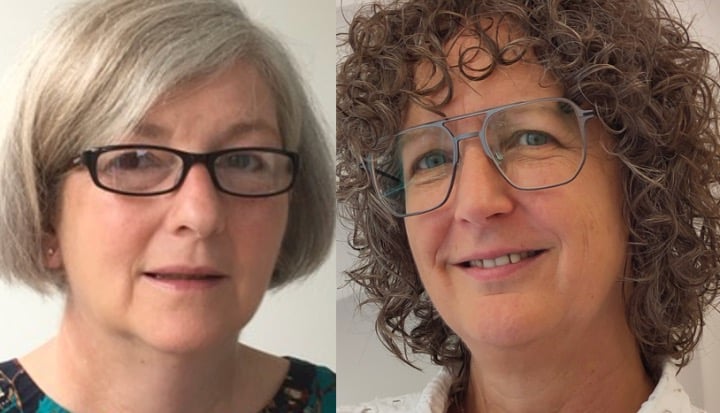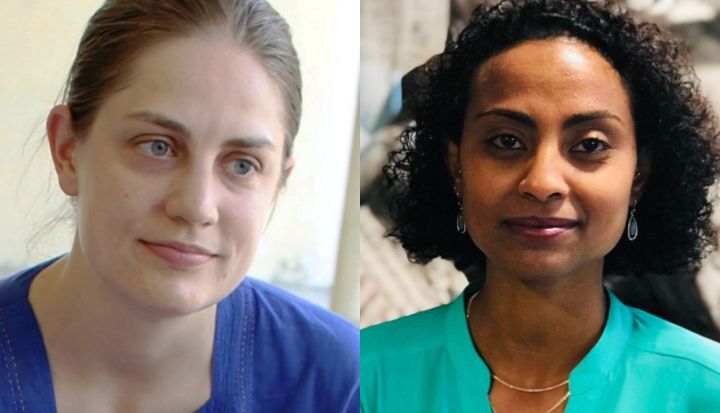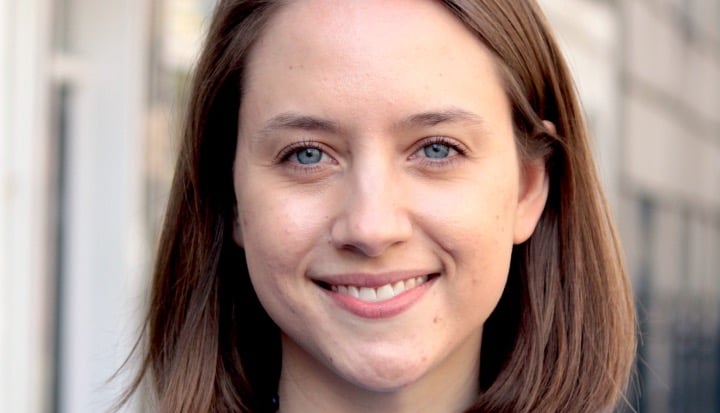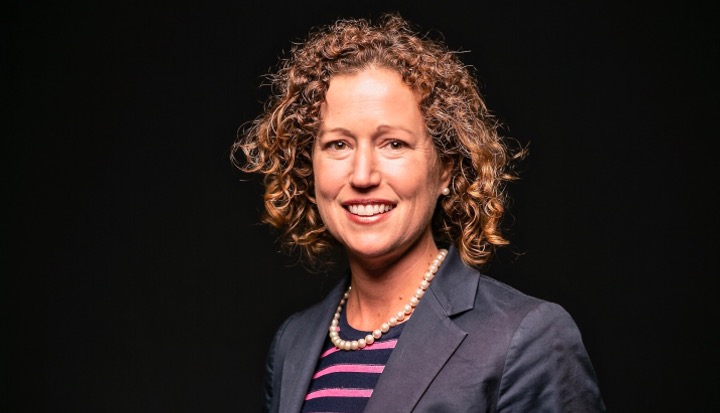
BFP: What do you do?
 DL: Coming from a seven year stint in supply chain in 2004, my most… Nestle Philippines was when my superior advised me to visit communities in different cities to look for opportunities for partnerships. One of the rural communities I was ‘lucky’ to visit was a small district in south Luzon. As I approached the village, I was abruptly cautioned and asked to explain my purpose for being there. I promptly identified myself and said that I was looking for opportunities to help the community through a partnership. “No thank you” was the brusque response, “we don’t need any more help!” He irritably showed me his ‘home’ and said, “As you see I have half a roof! We were promised water, no water from the tap, no livelihood!” All the houses were half finished. The ‘beneficiaries’ had no means of at least making ends meet. I left quite humbled. I found out that families were relocated from the railways in Manila, and the funds raised for providing a new life for the informal settlers did not meet the projected targets.
DL: Coming from a seven year stint in supply chain in 2004, my most… Nestle Philippines was when my superior advised me to visit communities in different cities to look for opportunities for partnerships. One of the rural communities I was ‘lucky’ to visit was a small district in south Luzon. As I approached the village, I was abruptly cautioned and asked to explain my purpose for being there. I promptly identified myself and said that I was looking for opportunities to help the community through a partnership. “No thank you” was the brusque response, “we don’t need any more help!” He irritably showed me his ‘home’ and said, “As you see I have half a roof! We were promised water, no water from the tap, no livelihood!” All the houses were half finished. The ‘beneficiaries’ had no means of at least making ends meet. I left quite humbled. I found out that families were relocated from the railways in Manila, and the funds raised for providing a new life for the informal settlers did not meet the projected targets.
BFP: What is the best part about your job?
DL: Nestle’s community development focuses on the communities surrounding the factory sites. So it makes sense to create shared value with these communities particularly for socio-economic monitoring for continuity. The “Cut and Sew” program is such a CSV and it has become one of the most effective business models for fighting poverty. It does not rely on funds from single events that are of limited effect. The business model is ‘wired’ into the company’s value chain. It is also for this reason of being wired that it is best to do pilot implementations that do not impede the value chain. These pilots are great opportunities for fine tuning and learning for the beneficiaries and the partners. This is a highlight of my work.
BFP: What have been your greatest challenges?
DL: In my experience, the toughest challenge to implementing programmes in a community of the very poor is the ‘mind trap’. At times there can be a negative attitude, e.g. dole out mentality, or sometimes you hear “we were meant to be poor”; and as mentioned above, the resentment and resistance to change that has built up due to past experiences.
BFP: How have you overcome these challenges? / What advice, would you give to others? / What is the secret of your success?
DL: The best way to change those attitudes is to show them successes. We let them listen to our community leader who climbed out of poverty as a farmer’s wife, to what she is today, a full sized entrepreneur who now provides jobs for thirty housewives. She has evolved, from beneficiary to benefactor. We make this triumph the community’s overarching objective, that they all become benefactors one day.
BFP: If someone wants to do what you do, where should they start?
DL: First of all, do an internal Value Chain analysis in your company as a host company. Identify an area or areas of your value chain that you may open to external partners. Second, after getting the best partner/partners, agree with your colleagues and partners on the community where you will implement a PILOT, choose wisely. It would be prudent to do a needs analysis survey in that chosen community. In terms of location, the closer the community is to your company’s office or factory would be helpful in the long term for ease in monitoring and in the short term for ‘presence’. In the communities I worked with there is an overriding need to have presence, e.g. employee volunteers go regularly to visit, teach, etc. I cannot overstate the importance of rapport as a basic requisite to the success of community engagements. Third, set up your metrics which will depend on micromanaging and tracking of events that make a difference in the socio-economics. Lastly, values formation is non-negotiable and not prioritizing the building of values will lead to program failure and the damage the community.
BFP: Finally; what do you hope to get out of being part of the BFP community?
DL: I want to learn from the experts, so BFP would be a good place to do this. I am sure there are many powerful resources out there reading the posts, who have yet to share their “master plan” against poverty. I eagerly await this. I would like to thank those who have emailed me directly for interesting and enlightening discussions.
Thank you to David Laurel for taking the time to do this interview.
We’re always looking out for members to feature. Help us by taking two-minutes to update your profile, or by nominating someone for Business Fights Poverty Member of the Week.
Read previous Member of the Week interviews here.

